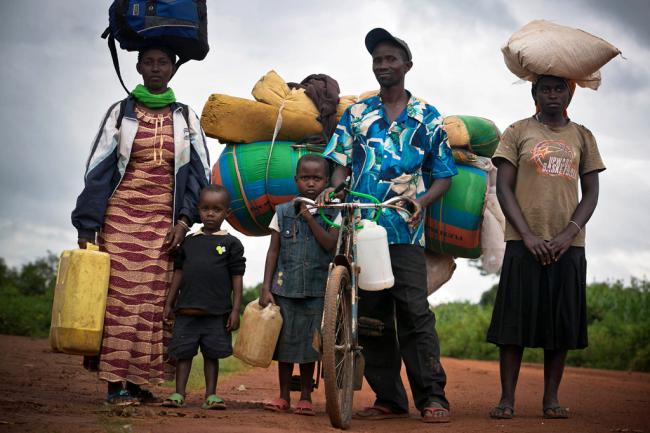05 Jun 2015

In a statement issued by his spokesperson, the United Nations chief urged the Burundian authorities “to abide by their international commitments with respect to human rights, including the right to peaceful assembly.”
Burundi has been embroiled in a political crisis since mid-April when popular protests erupted after the country’s ruling National Council for the Defence of Democracy – Forces for the Defence of Democracy (CNDD-FDD) party nominated President Pierre Nkurunziza as its presidential candidate for a third term.
The situation escalated shortly thereafter, on 13 May, following an attempted coup d’état as President Nkurunziza left for the Summit of the East African Community, which was intended to try to resolve the crisis.
In Wednesday’s statement, Ban called on the country’s authorities to ensure that security forces avoid the use of excessive force in handling demonstrations and stressed that those responsible for ordering or committing human rights violations would be held accountable.
In addition, he noted that the Security Council intended to consider “the various tools at its disposal to safeguard peace in Burundi and ensure accountability.”
Further, the Secretary-General encouraged Burundian stakeholders to “resume in earnest” the consultative political dialogue facilitated by his Special Envoy, said Djinnit, and hoped that the parties to the dialogue will implement, without delay, the confidence-building measures already agreed.
Ban also urged the swift implementation of measures “to help create the conditions for the holding of peaceful, inclusive and credible elections in Burundi,” such as the disarmament of all armed youth groups associated with political parties.
The Security Council was briefed today in a closed-door session by Djinnit as well as the UN Special Advisor for the Prevention of Genocide, Adama Dieng, who visited the country on 30 and 31 May.
In a statement released to the press, the 15-member body reiterated their concern with the violent acts perpetrated in Burundi and the impact of the crisis on the region.